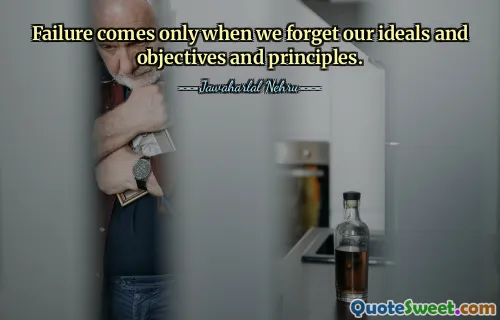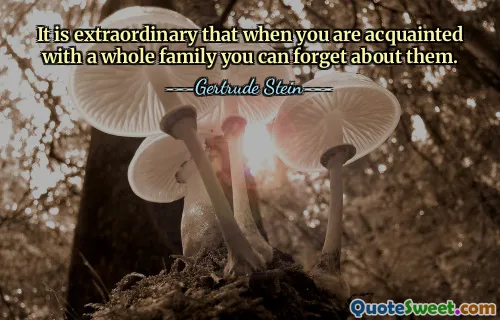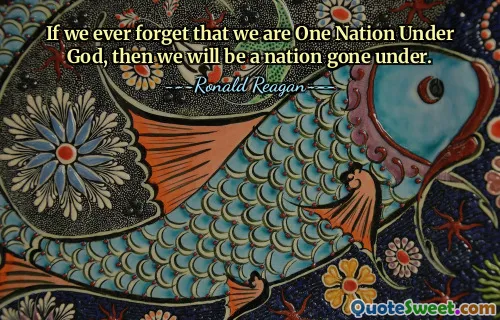I suppose I could understand it if men had simply forgotten unicorns, or if they had changed so that they hated all unicorns now and tried to kill them when they saw them. But not to see them at all, to look at them and see something else-what do they look like to one another, then? What do trees look like to them, or houses, or real horses, or their own children?
The quote reflects a deep sense of loss and bewilderment at the inability of people to perceive the beauty and magic of unicorns. It suggests that instead of a direct rejection or fear of unicorns, there is a complete blindness to their existence. This blindness raises questions about the nature of perception and reality, challenging whether people truly see the world around them as it is or if they impose their own limitations on their vision.
This perspective prompts us to consider what else might be masked by this selective perception. If people fail to see unicorns, what does this mean for their understanding of nature, relationships, and the extraordinary among the ordinary? The narrator's inquiry into how others perceive fundamental aspects of life, like trees, children, or even animals, highlights the potential for a greater disconnect from reality and a loss of wonder in a world full of beauty.



